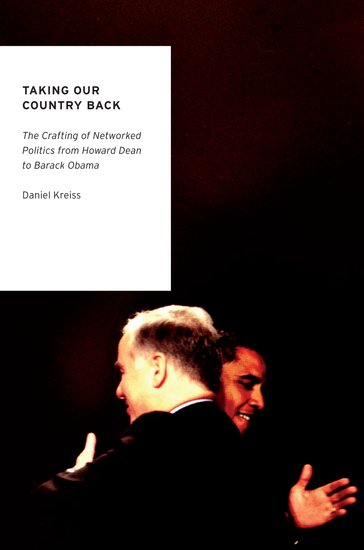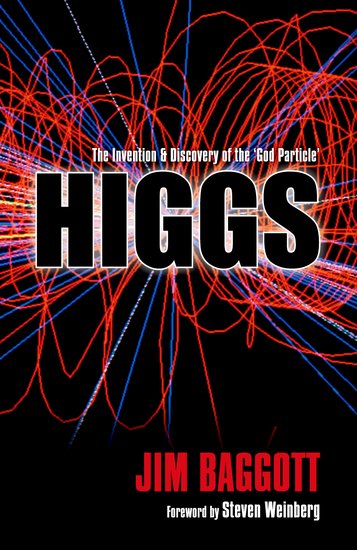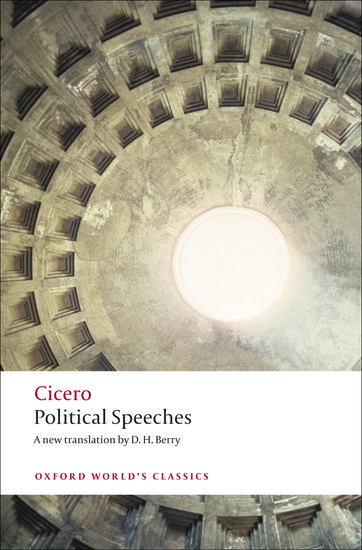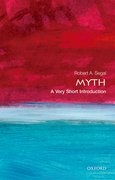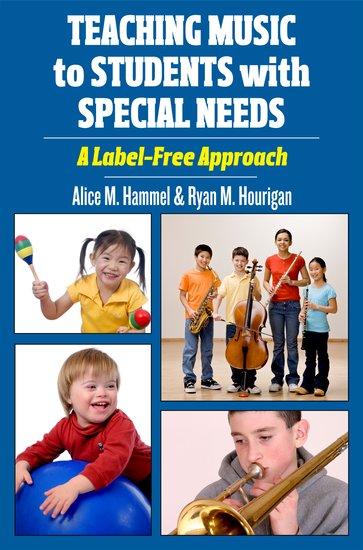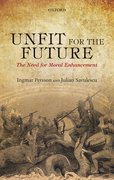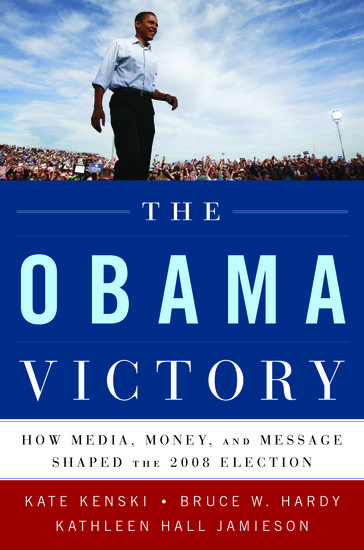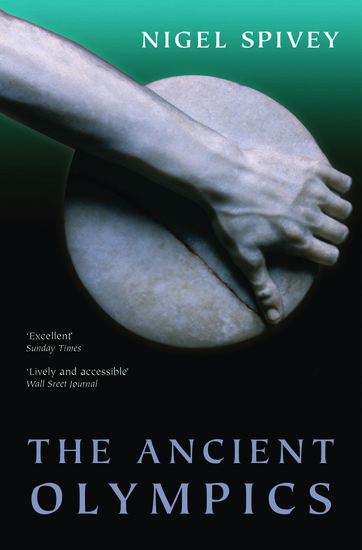Networked politics in 2008 and 2012
By Daniel Kreiss
A recent Pew study on the presidential candidates’ use of social media described Barack Obama as having a “substantial lead” over Mitt Romney. The metrics for the study were the amounts of content these candidates post, the number of platforms the campaigns are active on, and the differential responses of the public.







